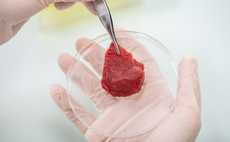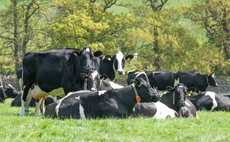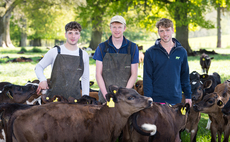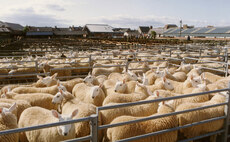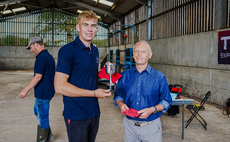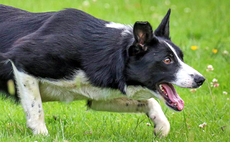
But also the resistance by some to truly discuss the deeper issues for British farming and technology.
The industry is standing on the edge of a revolution fuelled by artificial intelligence (AI) and big data, using technologies such as different sensors, 5G networks, drones and robotics to create a new era of precision agriculture.
These breakthroughs are transforming agricultural practices around the world, but sadly not particularly in the UK. I truly believe that improving efficiency and sustainability while addressing the numerous challenges faced by modern farming will be our country's USP for generations to come.
Agriculture is one sector which stands to benefit tremendously from the application of AI. Advanced algorithms combined with access to immense amounts of data enable farmers to take a more proactive approach to decision-making.
Real-time weather updates, disease prediction models, and market trend analysis all contribute to tackling obstacles within the farming sector. It is paramount for farmers to adapt their mindsets and get their teams on board with leveraging the power of big data to improve efficiency, reduce costs and manage risks better.
With improved connectivity through 5G technology on the horizon, managing large volumes of data becomes more accessible and benefits advanced applications such as autonomous machinery, remote monitoring and smart irrigation.
Emerging concepts such as smart farming and precision agriculture make use of advanced technologies including GPS, drones, robotics and IoT-enabled sensors to collect crucial information about crop health, soil conditions and environmental factors in real time.
For instance, drones equipped with high-resolution cameras allow farmers to monitor their entire fields remotely. Meanwhile, IoT-enabled sensors provide invaluable insights into soil health and crop variability. By taking targeted actions based on precise data, farmers can enhance productivity, simultaneously minimising inputs and reducing environmental impact.
While 5G technology has the potential to revolutionise connectivity in agriculture, offering faster speeds and enhanced reliability, it means improved connectivity, better decision-making processes, more efficient farm management practices, and innovative applications are within reach.
This is not the future of agriculture, this is the now. In many countries, this is already happening. A plethora of start-ups and established companies around the world are making strides in redefining agricultural practices with technological innovation. I have seen how vital it is for the agricultural sector to fully embrace new technologies.
It is time for individuals and companies alike to adopt cutting-edge innovations and lead the charge towards a more sustainable global agriculture. The fourth industrial revolution offers an extraordinary opportunity for farmers to adapt their methods and transform the industry as a whole.
By staying abreast of future trends and incorporating modern technology into everyday practices, agriculture can achieve greater efficiency, resourcefulness, and sustainability - paving the way for a greener, more productive future for all. Data is not the new oil - it is the new soil.
The opportunity to grow with the power of technology and AI is way beyond what we thought would be possible just a few years ago. This opportunity will not last, however, and sadly I fear if farmers and the farming community do not do this, they will be replaced by people who are happy to.








